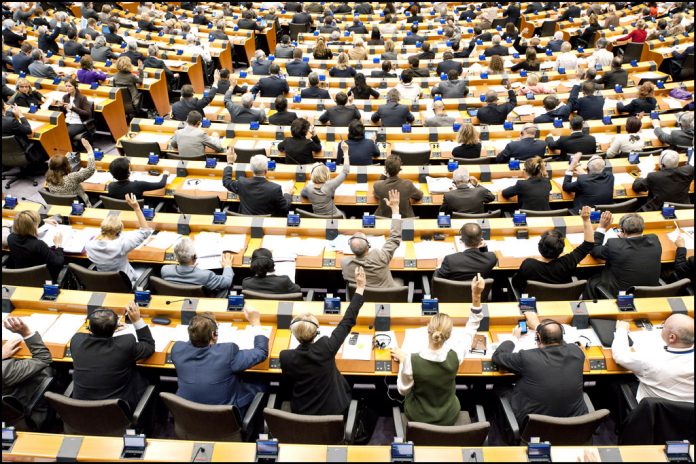In a vote in the economic committee of the European Parliament today the Socialists and Democrats led the drive to strengthen the supervision of the financial sector by filling existing gaps.
“Drawing on the lessons from the financial crisis, the EU set up a supervisory system to avoid excessive risk taking on financial markets. The European Supervisory Authorities have worked hard and contributed to the better supervision of the European financial sector and closer cooperation between national agencies, however gaps in the supervisory framework have become glaring. Almost a decade in, the governance, powers, and the funding of the watchdogs need beefing up, to ensure serious supervision and better convergence in the EU. I am proud that the Socialists and Democrats in the vote today secured a more suited governance and funding model, better protection for consumers, enhanced coordination between competent authorities and even managed to incorporate sustainability goals with an explicit reference to the COP21 Paris agreement,” stated Pervenche Berès, S&D Group Spokesperson on Economic and Monetary Affairs and co-Rapporteur on the legislative package on the reform of the European System of Financial System Supervision (ESFS).
“Especially in the context of Brexit, progress on these reforms and an enhancement of the equivalence regime are urgently needed to pave the way for a single supervisor for the Capital Markets Union. To better protect consumers we want to tighten the rules that outlaw the marketing, distribution and sale of toxic financial products and introduce a cross-border coordination regime in the field of insurance to fight shell companies. Under today’s rules, consumers too often get a bad deal, while businesses reap the benefits,” she added.
“To combat money laundering gaps in the EU supervisory framework must be closed. We cannot allow billions of euros laundered every year, also due to difference in national approaches and lack of cooperation. To forcefully fight financial crime we push for enhanced coordination between national authorities under the leadership of the European Banking Authority and stronger European oversight with more resources. After today’s vote, the European Parliament now stands ready to negotiate with member states and reach an agreement before the elections,” Berès concluded.

